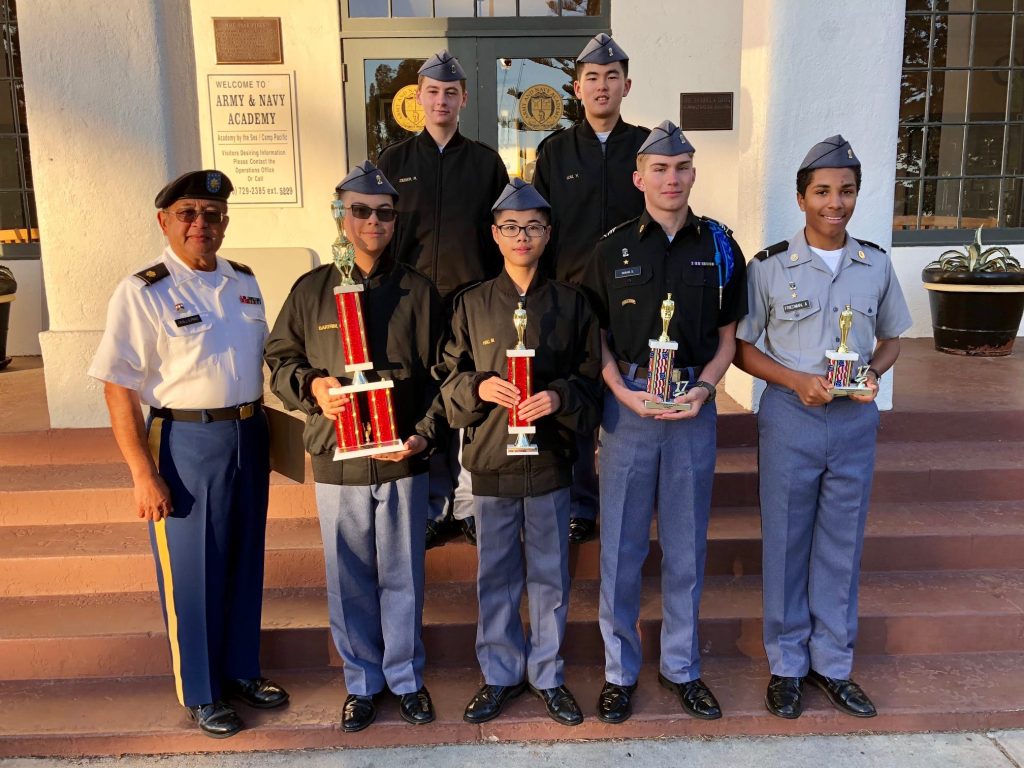“Teamwork makes the dream work…” John Maxwell, author and speaker
“There is no letter “i” in team.” – Old adage
Teamwork is an essential part of any successful endeavor in modern life. It is especially so in the highly competitive workplace where the ability to work as part of a team is one of the most important skills in today’s job market. According to Getting Smart, a learning design firm that works with foundations, learning organizations, and schools, “…Employers are looking for workers who can contribute their own ideas, but also want people who can work with others to create and develop projects and plans.”
One major reason teamwork is more emphasized as a corporate necessity today is the complex nature of most of the work itself being done. NDT Resource Center said in a recent webpage: “Most companies realize that teamwork is important because either the product is sufficiently complex that it requires a team with multiple skills to produce and/or a better product will result when a team approach is taken. Collaborative learning should be included in almost every classroom.”
What are the characteristics of an effective team?
The book, “Teamwork: What Must Go Right/What Can Go Wrong,” by Carl E. Larson and Frank M.J. LaFasto, lists several characteristics of effective, including:
- The team must have a clear goal. Team goals should call for a specific performance
Objective expressed concisely that everyone knows when the objective has been met.
- The team must have a results-driven structure. The team should be allowed to operate in a manner that produces results. It is often best to allow the team to develop the structure.
- The team must have competent members. …The problem given to the team should be one that the members can tackle, given their level of knowledge.
- The team must have unified commitment. This doesn’t mean that team members must agree on everything. It means that all individuals must be directing their efforts towards the goal. If an individual’s efforts are going purely towards personal goals, then the team will confront this and resolve the problem.
- The team must have a collaborative climate. It is a climate of trust, produced by honest, open, consistent and respectful behavior. With this climate, teams perform well…without it, they fail.
- The team must have high standards that are understood by all. Team members must know what is expected of them, individually and collectively. Vague statements such as “positive attitude” or “demonstrated effort” are not good enough.
- The team must receive external support and encouragement. Encouragement and praise works just as well motivating teams as it does with individuals.
- The team must have principled leadership. Teams usually need someone to lead the effort. Team members must know that the leader has the position because her or she has good leadership skills and is working for the good of the team. Team members will be less supportive if they feel the team leader is putting him/herself above the team, achieving personal recognition or otherwise benefiting from the position.
How to work as a team member
Mia MacMeekin, an attorney and industrial designer who works on teamwork issues, lists several ways to make teamwork effective in school settings which apply to other environments as well. They are paraphrased as follows:
- Cooperate. Don’t put stumbling blocks down against your team.
- Acknowledge your strengths and weaknesses.
- Engage the other members of the team by communicating with them informally as well as formally. Keep in close contact with team members.
- Ignore outside input or chatter that might interfere with the team’s objectives.
- Ask for clarity if you are confused.
- Respect privacy by addressing concerns in private.
- Be open to other ways of achieving the tasks
- Resolve disputes quickly by going directly to the offender and addressing the issue.
- Discuss things frequently.
- Suggest alternatives if there is a problem; don’t just complain about it.
- Ask for feedback on how you are doing as a team member. Listen and make changes.
- Listen to spoken words as well as non-verbal “words” of team members
- Offer feedback if asked to give it.
- Help one another succeed.
- Compliment team members on success.
- Share the limelight.
- Relax if under a lot of pressure and let the team know.
- Forgive others when mistakes are made.
- Set ground rules as a team. How to deal with conflict, rest breaks, etc.
- Try new things with the team. Don’t get stuck in a rut.
- Party by going out and celebrate. Do things that are not work-related with your teammates.
Teamwork begins early
Teamwork will help young people in school communicate with others, increase their social skills and self-confidence, and help them develop into happier adults, according to a Group Dynamix, a firm that facilitates team building for its clients. An article on the firm’s webpage reads in part:
“Teamwork teaches kids important skills and life lessons, but like any other skill, having a good teacher or coach is a critical aspect of the process. It takes someone with specialized knowledge and experience to guide kids through the process.
“It’s important to involve kids early in team activities…Teamwork learned as a kid will continue to have a positive impact for the rest of a child’s life.”
Public and private schools have varying levels of resources that expose teamwork principles in their students. One example is the Army and Navy Academy, a college preparatory school for middle- and high-school age boys in Carlsbad, California. The 108-year-old school has a robust leadership education curriculum that includes a Junior ROTC (JROTC) program that accelerates cadets learning how to serve on and lead a team..
The results are in
Adults who learn to and work well as a member of a team are generally happier with their careers and find their work more satisfying than adults who cannot get along well with others, the Group Dynamix webpage said. “There are very few careers that don’t involve working closely with at least a small group of people. The better someone is able to communicate, and the better their social skills, the happier they will be as a member of a group.”
Teamwork, according to Getting Smart, results in people having skills and characteristics that are paraphrased as follows:
- Working cooperatively;
- Contributing to groups with ideas, suggestions, and effort;
- Communicating which includes listening;
- Having the ability to participate in group decision-making;
- Having a healthy respect for different opinions, customs, and individual preferences; and,
- Having a sense of responsibility.

